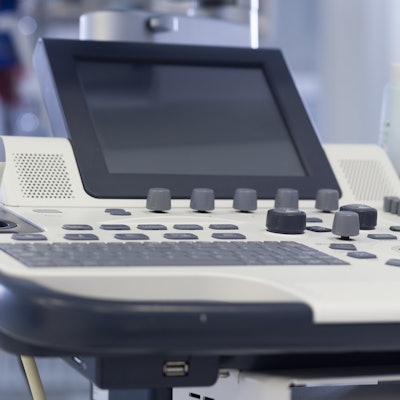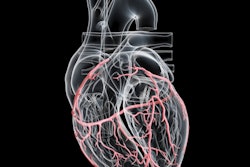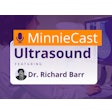
Most Medicare patients at risk of aortic aneurysm screening via ultrasound do not receive it, according to a report published February 11 in the Journal of Vascular Surgery.
Researchers led by Dr. Vy Ho from Stanford University found that over three-fifths of older male Medicare patients who have ever smoked – a population at increased risk of the disease -- did not receive such screening. They also reported that while clinical characteristics were tied to higher screening compliance, living outside of metropolitan areas was a key factor when it came to reduced screening.
"Ultimately, these findings suggest that non-clinical factors may influence adherence to abdominal aortic screening guidelines," Ho and team members wrote.
In 2005, the U.S. Preventive Services Task Force (USPSTF) gave one-time screening of abdominal aortic aneurysm using ultrasound for adults ages 65 to 75 who have ever smoked a grade-B recommendation. This was updated in 2019 to reflect a small net benefit in men who never smoked. However, previous research shows that adherence to this recommendation has ranged from as low as 12.5% to as high as 72.5, and the reason for the variance remains unclear.
Ho and colleagues sought to explore compliance rates for abdominal aortic aneurysm screening and to identify any patient factors tied to it in a privately insured patient population. They included data from the IBM Marketscan Commercial and Medicare Supplemental databases from 2006 to 2017; 13,154 patients were included and screening defined as a complete abdominal, retroperitoneal, or aortic ultrasound. Of the study cohort, 38.7% of the patients underwent screening.
Screening compliance varied by state. For example, the compliance rate found in Minnesota was 24.4%, while Montana's was 51.6%. Additionally, screening activity increased yearly. While 0.7% of overall screening activity occurred in 2008, 2016 saw screening activity of 22.2% (p < 0.05).
Finally, Ho's group found that living outside of a census-designated metropolitan area was negatively associated with screening, but that a history of hypertension, coronary artery disease, congestive heart failure, diabetes, and chronic kidney disease were positively associated with screening.
"This may suggest that providers are performing screening based on abdominal aortic aneurysm-associated risk factors," the study authors wrote.
The team noted that early detection could be improved if include targeting non-metropolitan areas and modifying Medicare reimbursement and incentivization strategies to improve guideline adherence.




















